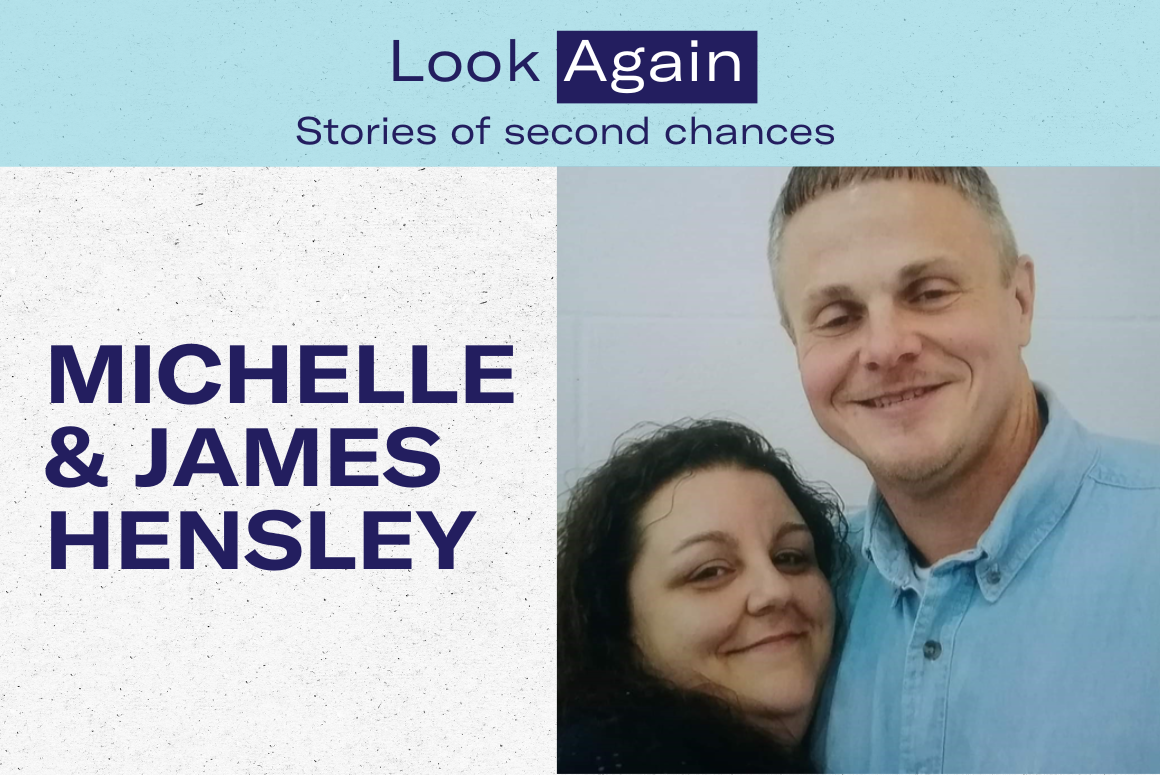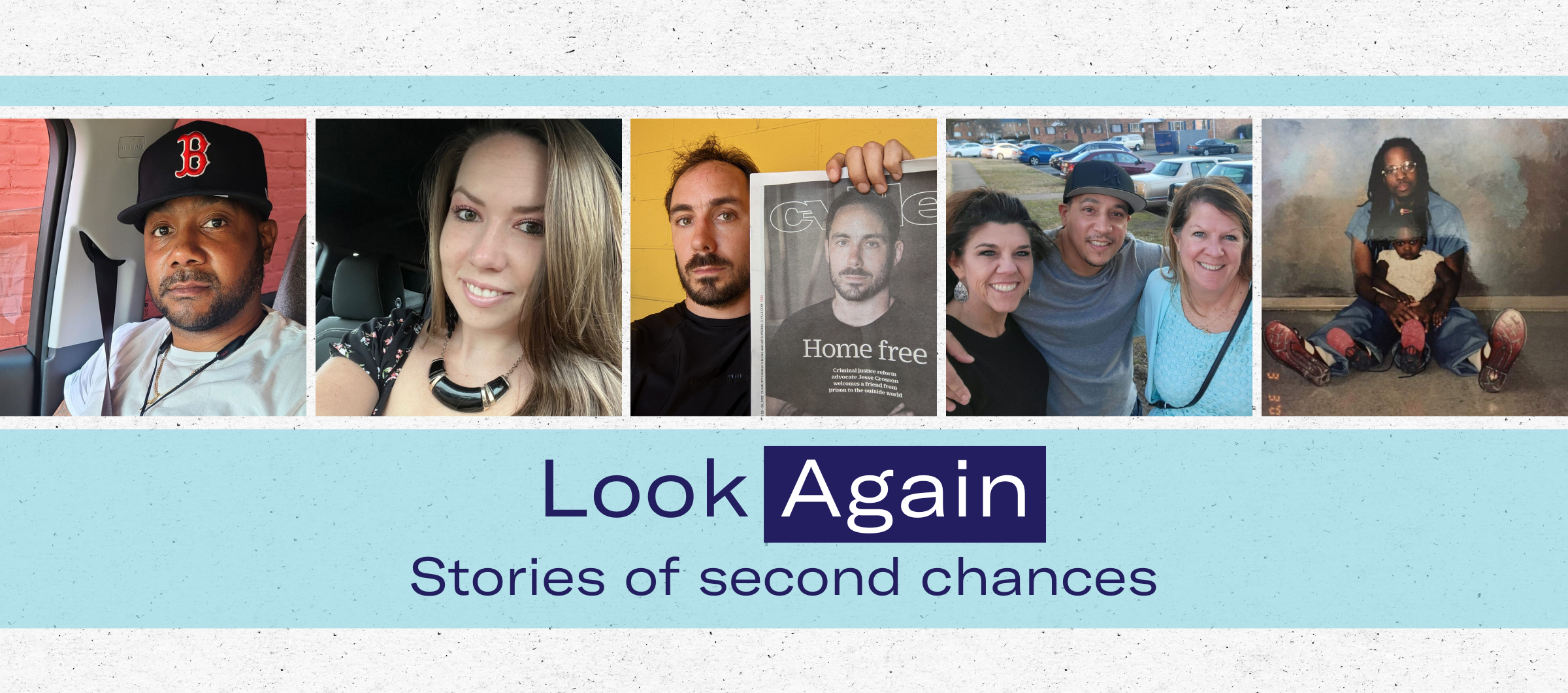This blog post was originally published in The Roanoke Times on Nov. 2, 2023.
Debate about which books should be stocked on school library shelves and what history should be taught in classrooms is heating up in Virginia.
A growing number of school boards are taking power away from parents who want their children to learn by passing policies that will censor classrooms and libraries.And that’s not all. Some Virginia school boards have begun implementing new policies that the Virginia Department of Education finalized this summer that rolled back evidence-based policies for the treatment of transgender and nonbinary students.
A majority of Virginians oppose those policies, which makes sense: few parents relish being told by bureaucrats what sports team their child can play on, or even what name their child’s teacher may call them.
Yet increasingly, those are decisions many Virginia school boards are taking out of parents’ hands and reclaiming as their own. School board power grabs raise the stakes considerably on Virginia’s Nov. 7 election— one which the whole nation seems to be watching.
No school board decision can please everyone. But every school board decision must be aligned with the majority of the community it represents — and with state and federal law, both of which require safe and inclusive school environments for all students, including transgender and nonbinary students.
This fall, more than 90 school boards are up for election. Seventy percent of the school boards that set policy in the commonwealth could see new members seated come November.
School board members will be responsible for ensuring that school environments are safe and inclusive for all students in compliance with state and federal law. They are charged with amplifying the voices and enacting the wishes of parents, teachers, and students in their district. That should be easy because school boards are supposed to be nonpartisan.
Unfortunately, it’s becoming more common for school boards to allow political agendas to influence their votes rather than the people they represent.
That’s what happened in Roanoke County in August. More than 50 community members — parents, students, and concerned residents of the district — all urged the school board not to adopt the VDOE’s new 2023 model policies. Yet, school board members voted unanimously to enact them anyway.
After the school board members’ conduct during the meeting, their vote came as no surprise. When residents testified against the model policies, school board members conspicuously looked at their phones or flipped through papers before cutting off speakers’ comments. When residents spoke in favor of them, school board members made eye contact, smiled, nodded and allowed speakers to go over time.
No school board decision can please everyone. But every school board decision must be aligned with the majority of the community it represents — and with state and federal law, both of which require safe and inclusive school environments for all students, including transgender and nonbinary students.
School boards also must take seriously their responsibility to safeguard accurate, sensitive curricula in pursuit of the best education possible for students. No school board should be able to ban books on the basis of whether they personally find them to be ‘sexually explicit,’ as Hanover County’s school board did in June — and especially not on the basis of a single superintendent’s preference, as in Spotsylvania County in May.
Purges of so-called ‘sexually explicit’ books in districts across Virginia have disproportionately targeted books about the experiences of LGBTQ+ people and people of color. But students should be able to see themselves reflected in their libraries, and learn from the perspectives of others.
It defies common sense to pretend Virginia students aren’t living in a world with Black, brown, and LGBTQ+ peers, teachers and family members. Yet according to the American Library Association, Virginia ranked second in the nation so far this year for the number of titles challenged.
A majority of parents don’t support that trend. A 2022 poll by the same organization found that 74% of parents trust school librarians to decide which books are available in public schools.
So why are school boards inserting themselves?
This November, voters in every district in the commonwealth would do well to remember three things when they cast their ballot:
- All young people have a right to learn.
- The First Amendment doesn’t end at the classroom door.
- No parent or school board should have veto power over what other people’s children learn.
Voters who don’t want to see their schools turned into a political battlefield should remember what’s at stake. Up and down the ballot, every vote counts.
Virginia voters should vote their values this November.
Up and down the ballot, every vote counts.



